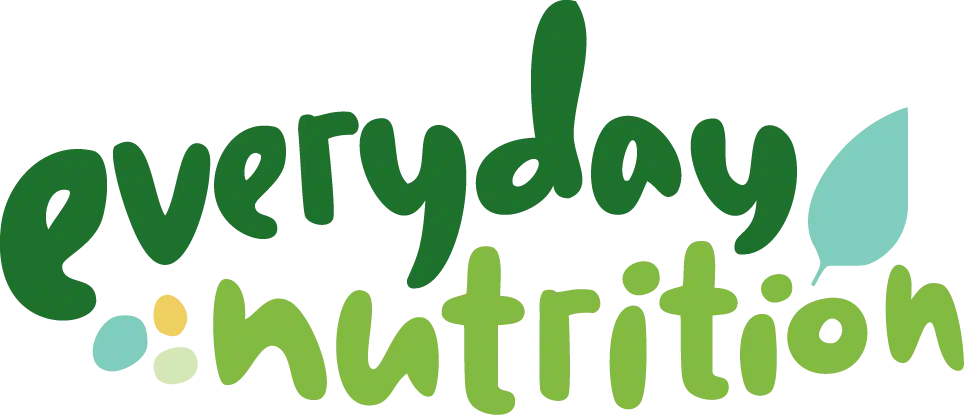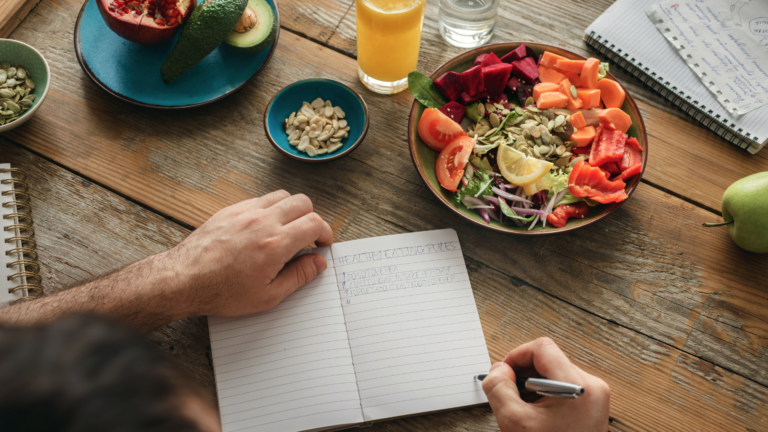If you have IBS and Diabetes, you probably have a few questions about what you can eat. While these two conditions don’t cause each other, they are common and having both is not unusual. The good news is, that with a few tips you can manage both without food getting out of control.
Here are 5 tips to manage if you have both IBS and diabetes:
1. Know which low FODMAP foods contain Carbohydrates
All foods containing carbohydrates are absorbed as glucose and will increase blood glucose levels. This doesn’t mean that you can’t eat these foods, btu being strategic with them will help to keep your blood glucose more stable.
Low FODMAP foods that contain carbohydrates include:
- Grains and cereals e.g. oats, quinoa, rice, millet, buckwheat, GF pasta
- Breads e.g. low FODMAP bread, gluten free bread and sourdough bread
- Starchy vegetables e.g. potato, corn, sweet potato
- Fruit e.g. oranges, bananas, rock melon/cantaloupe, berries
- Dairy products and alternatives e.g. lactose free milk/yoghurt, soy milk, rice and nut milks
- Sugars and sweeteners e.g. table sugar, maple syrup, rice malt syrup,
- Canned, drained and rinsed legumes e.g. chick peas, butter beans & lentils
2. Know which low FODMAP foods do not contain carbohydrates
Foods that do not contain carbohydrates will not increase blood glucose levels. Being mostly FODMAP free, most of these can be eaten without having to worry about “FODMAP serve sizes”. These are great option to balance your meal and to help you feel full and satisfied. Low FODMAP foods that do not contain carbohydrates include:
- Fresh cuts of meat, poultry & fish
- Cheese
- Eggs
- Fats & oils
- Nuts e.g. brazil, macadamia, walnuts, peanuts
- Non-starchy vegetables such as salad vegetables and green vegetables.
Tip: FODMAPs are types of poorly digested carbohydrates, so foods that do not contain carbohydrates are mostly naturally low FODMAP and can be eaten freely on a low FODMAP diet. Examples include cheese, eggs, meat, fish and poultry
3. Spread your meals evenly throughout the day.
Eating regular meals and spreading your carbohydrate containing foods throughout the day has multiple benefits for both diabetes & IBS:
- It will keep blood glucose levels more evenly distributed through the day.
- It will keep energy levels even and reduce cravings for calorie dense foods that may be high FODMAP or spike blood glucose levels.
- It has been shown in research that eating small regular and evenly spaced meals helps to manage IBS.
4. Carbs need a buddy.
You’ve probably already heard about low glycaemic foods, but did you know that combining your carbs with a fat or a protein and a fruit or vegetable not only balances your meal, it also reduces a blood glucose spike. Protein and fat both slow digestion, this means when eaten in combination with carbs, the carbs are absorbed more slowly, and we don’t see that big spike in blood glucose. By pairing your “Carbs with a buddy” you will also find you feel more satisfied for longer.
Of course, we could all eat more vegetables so don’t forget to add those whenever you can too.
- Oats (carb) + strained greek yoghurt (protein + fat)
- Sourdough sandwich (carb) + chicken (protein + fat)
- Crackers (carb) + cheese (protein + fat)
- Fruit (carb) + nuts (protein + fat)
- Potatoes (carb) + Fish (protein)
- Rice (carb) + tofu (protein)
5. Include physical activity.
Physical activity helps to move glucose out of the blood stream and into the cell for energy. This of course, lowers your blood glucose levels. Usually, it’s the job of insulin to move glucose out of the blood stream. The issue with type 2 diabetes is that the insulin doesn’t work so well anymore, meaning more glucose stays in the blood stream keeping blood glucose levels higher. Its these high blood glucose levels that cause the complications of diabetes. Including regular physical activity will lower blood glucose levels regardless of how well insulin is doing its job. When it comes to what you should do, well consistency is the key factor, so chose something you enjoy and look forward to.
Physical activity is also great of you have type 1 diabetes, but make sure to have a carb based snack before you start, monitor your blood glucose and carry a “hypo kit”. You can download low FODMAP guidelines for managing hypoglycaemia here.
Everyday Nutrition dietitians are gut health expert dietitians with the knowledge and skills to support you with personalised advice and solutions for both diabetes and IBS. We consult privately in Melbourne’s inner Southeast and offer virtual consults throughout Australia. If you’re ready to resolve digestive issues and make peace with food book an appointment now.







